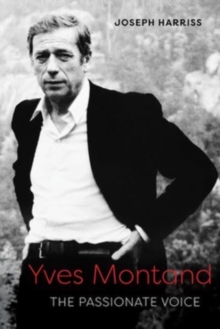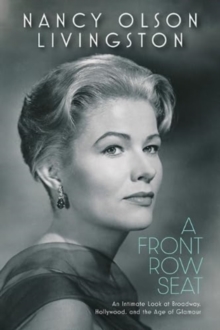
Hitchcock and the Censors Paperback / softback
by John Billheimer
Part of the Screen Classics series
Paperback / softback
Description
Throughout his career, Alfred Hitchcock had to deal with a wide variety of censors attuned to the slightest suggestion of sexual innuendo, undue violence, toilet humor, religious disrespect, and all forms of indecency, real or imagined.
From 1934 to 1968, the Motion Picture Production Code Office controlled the content and final cut on all films made and distributed in the United States.
Code officials protected sensitive ears from standard four-letter words, as well as a few five-letter words like tramp and six-letter words like cripes.
They also scrubbed "excessively lustful" kissing from the screen and ensured that no criminal went unpunished. During their review of Hitchcock's films, the censors demanded an average of 22.5 changes, ranging from the mundane to the mind-boggling, on each of his American films.
Code reviewers dictated the ending of Rebecca (1940), absolved Cary Grant of guilt in Suspicion (1941), edited Cole Porter's lyrics in Stage Fright (1950), decided which shades should be drawn in Rear Window (1954), and shortened the shower scene in Psycho (1960). In Hitchcock and the Censors, author John Billheimer traces the forces that led to the Production Code and describes Hitchcock's interactions with code officials on a film-by-film basis as he fought to protect his creations, bargaining with code reviewers and sidestepping censorship to produce a lifetime of memorable films.
Despite the often-arbitrary decisions of the code board, Hitchcock still managed to push the boundaries of sex and violence permitted in films by charming - and occasionally tricking - the censors and by swapping off bits of dialogue, plot points, and individual shots (some of which had been deliberately inserted as trading chips) to protect cherished scenes and images.
By examining Hitchcock's priorities in dealing with the censors, this work highlights the director's theories of suspense as well as his magician-like touch when negotiating with code officials.
Information
-
Only a few left - usually despatched within 24 hours
- Format:Paperback / softback
- Pages:384 pages, 42 b&w photos, 1 table
- Publisher:The University Press of Kentucky
- Publication Date:05/10/2021
- Category:
- ISBN:9780813180540
Other Formats
- Hardback from £38.75
- EPUB from £11.24
£25.00
£21.95
Information
-
Only a few left - usually despatched within 24 hours
- Format:Paperback / softback
- Pages:384 pages, 42 b&w photos, 1 table
- Publisher:The University Press of Kentucky
- Publication Date:05/10/2021
- Category:
- ISBN:9780813180540










